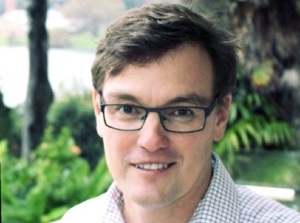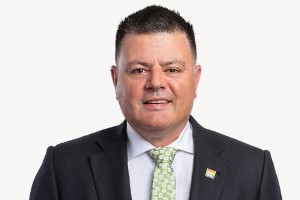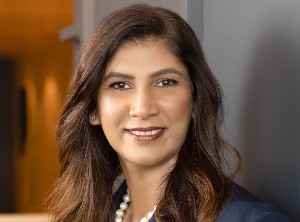
The group held a webinar on Wednesday in which it answered questions about its draft version of the code.
One of the themes advisers sought feedback on was the issue of continuing professional development.
Under the code, which will apply to all financial advisers in the new regime, they will be required to complete learning activities designed to ensure they maintain the competence, knowledge and skill to provide the financial advice they give and an up-to-date understanding of the regulatory framework for financial advice in New Zealand.
That compares to a more explicit requirement in the existing code for AFAs, for no fewer than 30 hours structured CPD over two years.
The code committee said it wanted to emphasise the importance of doing CPD properly rather than a number of hours. “CPD is not about serving time but what did you learn.”
Advisers said it would be harder to prove that standard than to tick off the hours requirement. The group said it would listen to that feedback but it wanted to emphasise the principles of CPD rather than the process.
Member John Berry said it could be possible for professional bodies to set a higher bar for CPD and enforce that for members. “We are not setting best practice but a minimum standard.”
He said it was hard for the code to have any prescriptive function with as many as 30,000 advisers set to come under its remit.
Chair Angus Dale-Jones said the working group had pulled right back from any process requirements. Anything that tried to give advisers details of how to operate their businesses had been removed.
He said he was sympathetic to feedback from advisers who had been working a long time and did not want to go back to doing exams.
The draft code sets the level five qualification as the standard for the advice profession.
In those cases, it was possible for people to opt to pursue recognition of prior learning, in which they could provide evidence of their experience and learning to be assessed. But the group warned that previous experience had shown that some people found it more expensive and time-consuming to do that than to simply complete the certificate.
Dale-Jones said an important question for people to consider while they consulted on the draft was whether the code created an advice profession that the industry was happy with.



